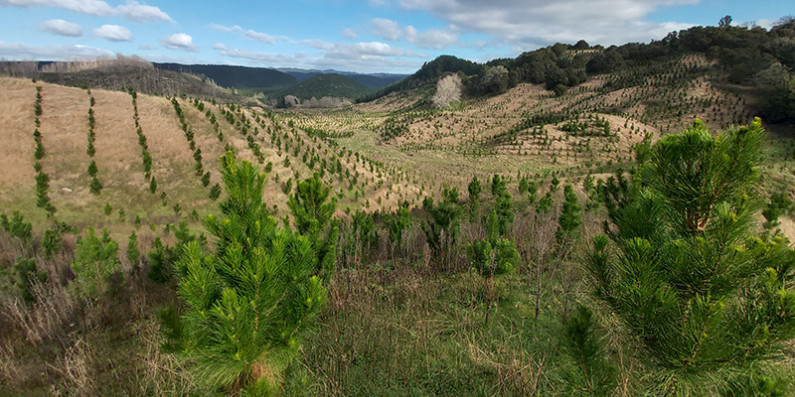The consultation launched today proposes changes to the National Environmental Standard for Plantation Forests (NES-PF), including the potential to widen the scope of the regulations to include permanent exotic afforestation (exotic carbon forests).
The consultation supports the Government’s aim to balance the type and scale of afforestation happening across New Zealand, and to allay concerns about the impact to the environment and on rural communities from the potential conversion of productive farmland to exotic forests.
Minister Nash and Minister Shaw also announced today the permanent forest category will remain unchanged in the New Zealand Emissions Trading Scheme (NZ ETS) and will come into effect on 1 January 2023 as currently legislated. Further work needs to be completed to increase the incentive for afforestation of permanent indigenous species.
The Government will establish a working group, comprising Māori stakeholders and technical forestry and environmental experts, to help redesign the settings of the NZ ETS permanent forestry category, to better support the establishment of long-term indigenous carbon sinks. The redesigned permanent forest category could come into effect from 1 January 2025.
The forestry sector makes an important contribution to New Zealand’s economy and communities. The Government wants to ensure the sector grows in a way that is productive, sustainable and inclusive and helps build a high value, high wage and low emissions future for New Zealand.
